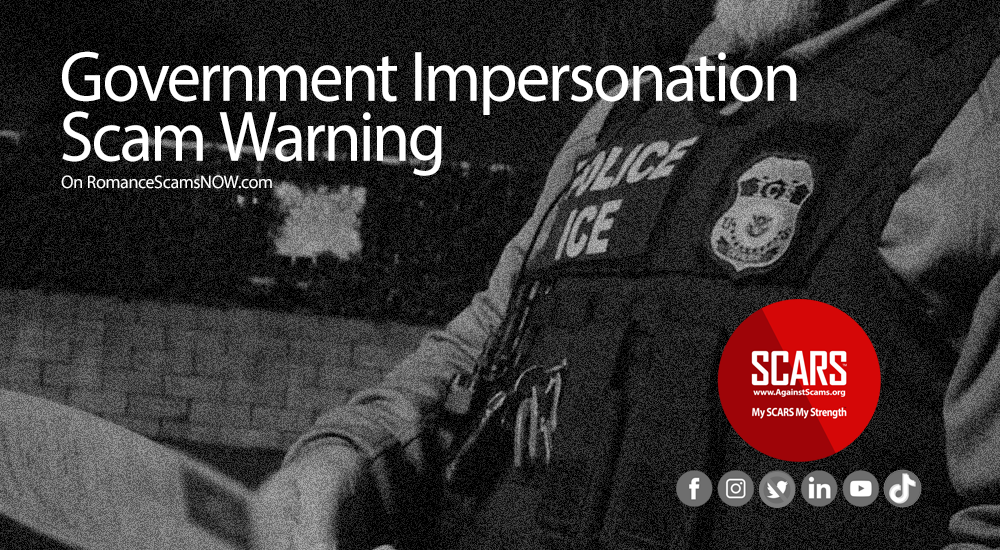Scammers Posing as Federal Court and Law Enforcement
The U.S. Attorney’s Office and the FBI have issued a new scam warning.
They are seeing renewed activity where perpetrators/scammers/fraudsters are posing as federal authorities to scare victims into sending money or cryptocurrency!
In one of the latest examples, the perpetrators emailed a letter claiming to be from a federal court about a federal criminal investigation. The letter gives the victim a choice: (1) face indictment or (2) accept an agreement as a cooperating witness, which requires $7,000 in legal fees. In addition to the letter, perpetrators also called the victim.
U.S. Attorney Sayler Fleming for the Eastern District of Missouri stated, “Scammers are always looking for ways to take your money or personal information. Anytime you are asked to pay money or give your personal information, be skeptical. Verifying the request can prevent the majority of scams.”
Special Agent in Charge Richard Quinn of the FBI St. Louis Division explained, “Scammers are using more sophisticated techniques to appear legitimate, to include using information about you gleaned from compromised online accounts, such as email or social media. Please scrutinize and verify any request for money or personal information to avoid falling prey to scammers.”
Also, scammers can easily hide their identities by displaying legitimate phone numbers on Caller ID, which is known as spoofing.
What makes this type of attack so insidious is the use of both email and follow-up calls specifically targeting know individuals. This is not the random email scams we are all used to seeing. The combination of the email and the follow-up call is much more convincing and harder for victims to recognize as a scam.
This type of scam is typically being run from India, Pakistan, and China. These attacks are targeting people who they have on your victims’ lists that may have been obtained through previous data breaches.
This is why it is important to remember these basic facts:
- No government notifies you of such situations by email – it will always be by postal mail or by a law enforcement officer visit.
- If law enforcement wants to speak to you, they might call, but only to ask you to appear at their offices.
- No government agency is going to do a deal over the phone and ask for money. If you owe the government fees, they will send a notice by postal mail, and usually, you will have to pay at a clerk of court or other government office. There are exceptions, so make sure you call the real agency by finding their phone numbers through Google.
- When you speak with any government official, ask and write down their full name, agency information, badge or other identification number, so that you can confirm or report them when you speak with the real agency.
When in doubt, please take the next step by calling the organization in question directly – but not using any number you were given on the call. Look up the phone number instead of the number given, then pick up the phone and call the agency, organization, or business to verify. Scammers will do everything, including threatening or creating a sense of urgency, to keep you from ending the call. But end the call – then confirm.
Nothing will happen to you if you end the call and call the real agency to confirm.
If you are a victim of a phone or an online scam where you wired money, immediately contact the bank you used to try to recall the wire transfer. Then file an online complaint with the FBI’s Internet Crime Complaint Center (www.IC3.gov) and the Federal Trade Commission at ReportFraud.FTC.gov or your national cybercrime police agency.




Leave A Comment